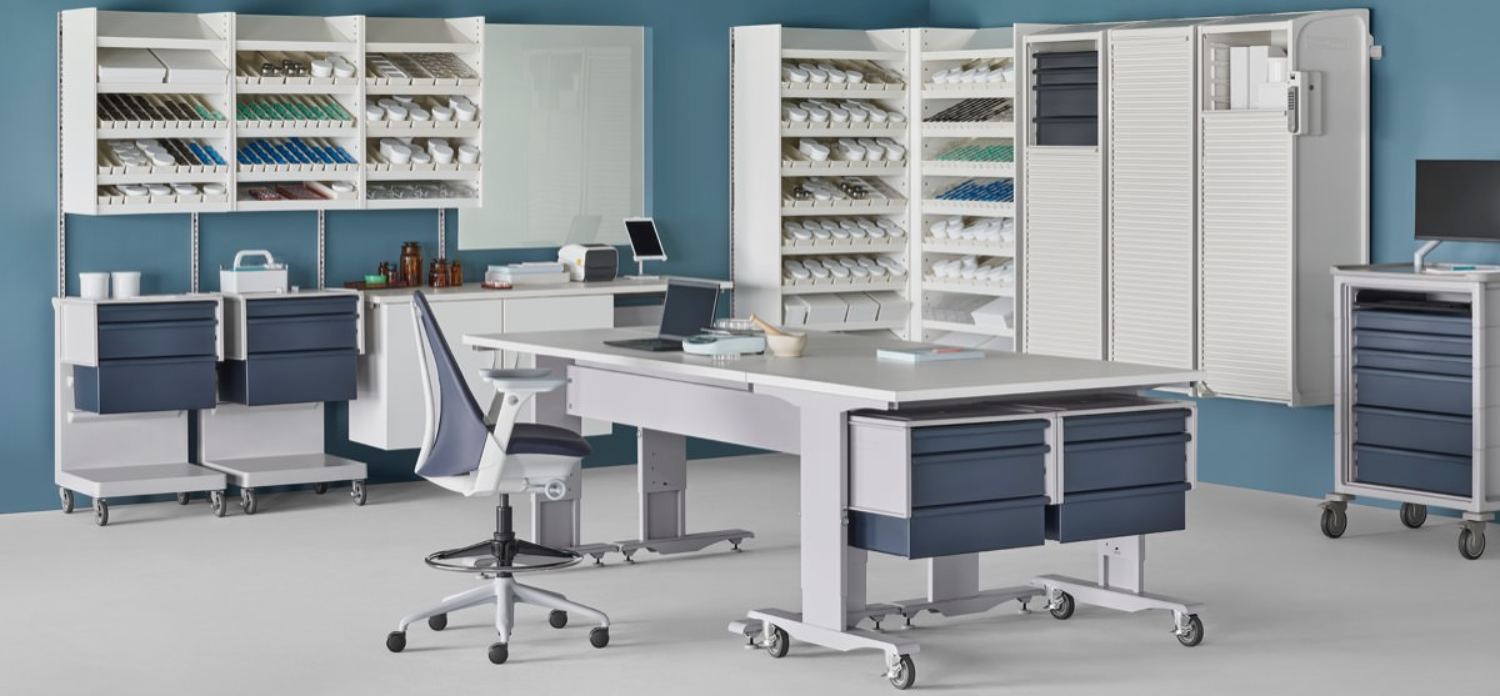Let’s explore the world of Pharmaceutical Management Systems within the context of Hospital Management Systems (HMS). These systems play a crucial role in efficiently managing pharmaceutical services within healthcare facilities.
Here’s a comprehensive overview :
-
What is a Pharmaceutical Management System (PMS)?
- A Pharmaceutical Management System focuses on handling various aspects related to medicines and pharmaceuticals within hospitals.
- Its primary goal is to ensure the safe, effective, and efficient use of medications for patient care.
- Key functionalities of PMS include managing drug procurement, inventory, dispensing, formulary management, and drug utilization review.
- Let’s dive deeper into the features and benefits of PMS.
-
Features and Benefits of Pharmaceutical Management Systems :
- Formulary Management :
- PMS maintains an approved list of medications (formulary) based on safety, efficacy, and cost-effectiveness.
- Ensures that healthcare providers prescribe appropriate drugs.
- Drug Procurement and Inventory Control :
- Efficiently manages drug procurement, storage, and distribution.
- Prevents stockouts and minimizes wastage.
- Medication Dispensing :
- Tracks medication orders, dosage instructions, and patient-specific requirements.
- Ensures accurate dispensing.
- Drug Utilization Review (DUR) :
- Regularly assesses medication use patterns, adverse effects, and interactions.
- Helps improve patient safety.
- Patient Safety and Adverse Event Reporting :
- Monitors and reports adverse drug reactions.
- Supports patient well-being.
- Integration with Electronic Health Records (EHR) :
- Links medication data with patient records for comprehensive care.
- Quality Assurance and Compliance :
- Adheres to regulatory standards and guidelines.
- Cost Control and Financial Accountability :
- Manages pharmaceutical expenses.
- Decision Support for Prescribers :
- Provides alerts for drug interactions, allergies, and contraindications.
- Patient Education Materials :
- Offers information about medications to patients.
- Pharmaceutical Waste Management :
- Proper disposal of expired or unused drugs.
- Reporting and Analytics :
- Generates reports on drug usage, costs, and trends.
-
Importance of Effective Pharmaceutical Management :
- Patient-Centric Care : Ensures that patients receive the right medications at the right time.
- Resource Optimization : Efficiently manages drug supplies and reduces wastage.
- Patient Safety : Prevents medication errors and adverse reactions.
- Compliance : Meets legal and regulatory requirements.
- Cost-Efficiency : Controls pharmaceutical expenses.
- Evidence-Based Decision-Making : Supports prescribers with relevant information.
In summary, a robust Pharmaceutical Management System is essential for safe and effective medication practices, contributing to overall hospital quality and patient outcomes.
